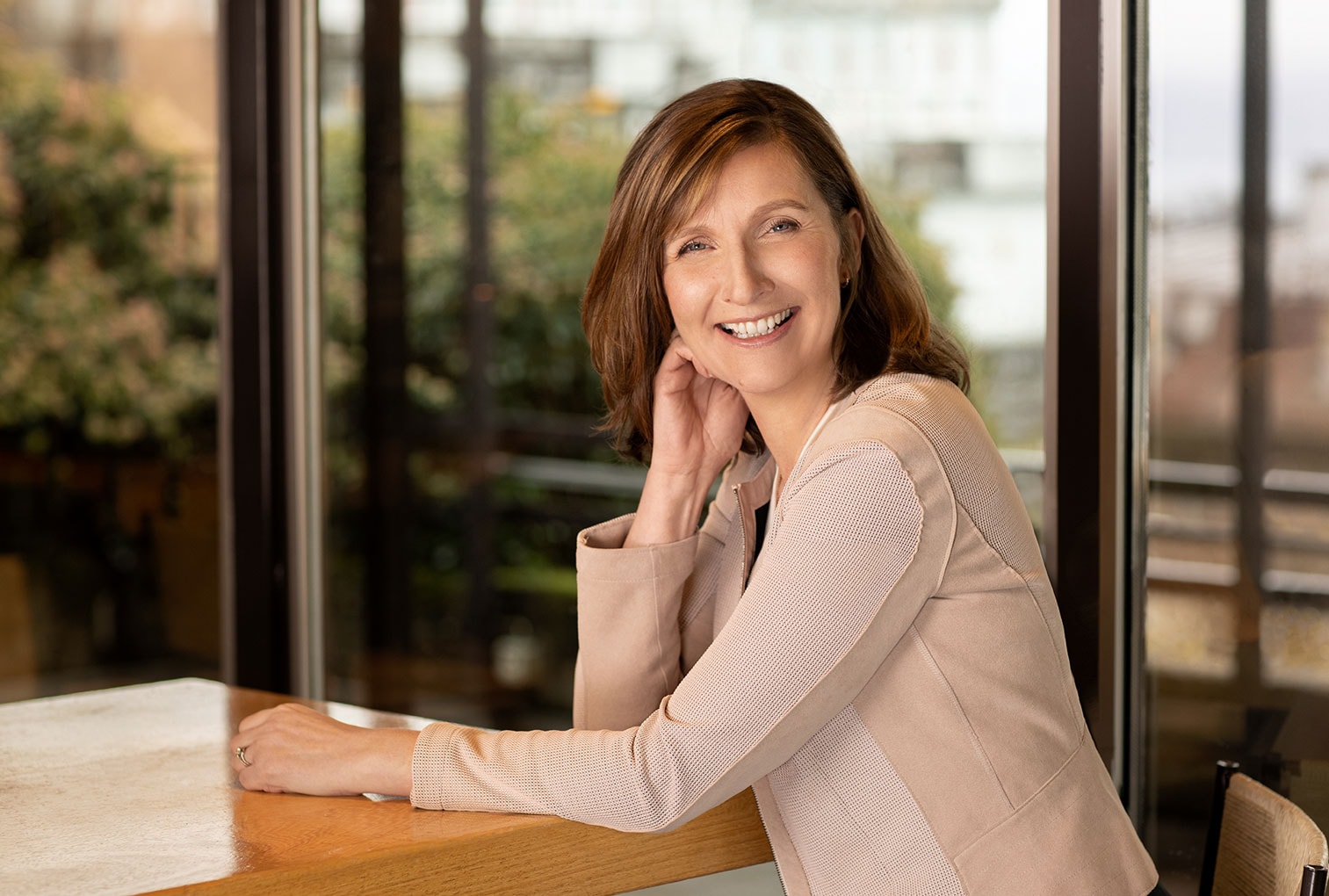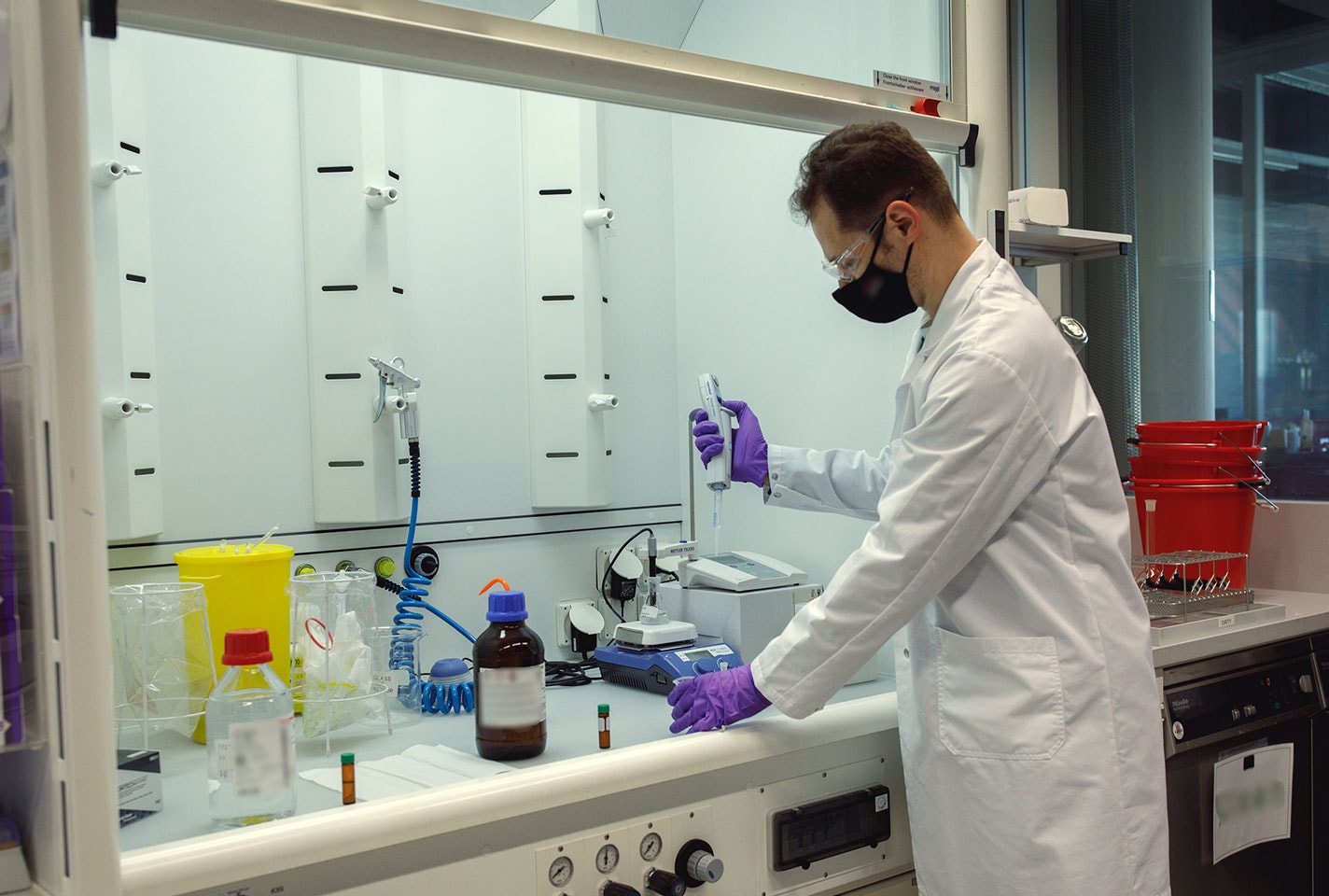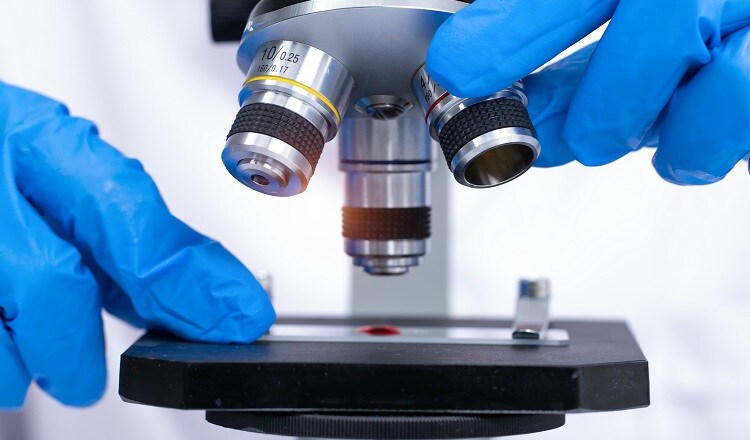As business leaders, it’s easy to feel uncomfortable talking about failure. But why? Is it because we fear it will be perceived as a weakness, or that our mistakes will suggest we’re not a source of good ideas?
The truth is, success feeds off failure. Behind every great idea are prototypes that didn’t work but led to open-minded investigations, building the foundations for the innovation that triumphed.
Failures are part of the process. What counts is how we turn a problem into a solution.

Dr. Moira Gilchrist,
Vice President, Strategic and Scientific Communications, PMI*
Experiment, evaluate, improve
I’m a scientist, even though I now work in communications. I trained as a pharmacist and worked for many years in ‘pharma.’ And I soon learned that failure is a fundamental part of the scientific process.
In fact, in science we don’t call it failure, we call it experimentation.
We start with a theory, and then experiment to prove whether it’s correct or not. When it’s not, we go back to the drawing board, make the necessary changes, and try again.
Behind any scientific success story is a scientist who worked to overcome failure through learning, creating, changing, and following what the evidence revealed.
So, far from seeing failure as something to be ashamed of, scientists recognize and celebrate it as the backbone on which great science is built.
Business leaders who understand the value of the scientific process acknowledge the role of failure in their success stories. And it’s refreshing to hear that.
Bill Gates wrote in his book, ‘Business @ the Speed of Thought’: “Once you embrace unpleasant news not as negative but as evidence of a need for change, you aren’t defeated by it. You’re learning from it. It’s all in how you approach failures. And believe me, we know a lot about failures at Microsoft.”
Tim Cook has been a key player in the meteoric rise of Apple, but for every successful product, he admits there have been many that didn’t make the cut.
In a 2021 interview, he said: “Failing is a part of life. And it’s a part of [life] whether you’re a new company, a startup, or you’re a company that’s been around for a while. If you’re not failing, you’re not trying enough different things.”
More from PMI’s Leaders of Change
Choosing the right business strategy to deliver growth, impact, and progress
3 min readPhilip Morris International’s Chief Strategy Officer, Waynn Wu, discusses her career journey to date, the leadership learnings that have benefited her most, and how evolving technologies like AI present exciting new opportunities for business growth.
The science and experimentation behind our work
As my career has developed, I still apply that analytical curiosity to whatever project I’m working on—trial and error, experimentation, and constant learning.
At Philip Morris International, science sits at the core of our business transformation. My company recognizes the importance of taking risks and learning from mistakes—two concepts that are at the heart of innovation.
Our portfolio of smoke-free products is the result of 30 years of research and development, more than USD 10.5 billion in investment since 2008, and the work of hundreds of leading scientists and engineers at our R&D center in Switzerland.
We trust the science behind our products because we’ve reviewed the evidence. But it’s important that people don’t just take our word for it. At PMI, we practice what we call aggressive transparency in our findings and research protocols. This means we appeal for others to scrutinize our processes and data—and invite fact-based conversation around the products driving our business ambitions.
Our science shows that PMI’s smoke-free products, while not risk-free, are a much better choice than cigarettes for adults who would otherwise continue to smoke.
This is perhaps the most beautiful thing about science—that, when built on robust foundations and steered by tenacious and talented people who don’t fear failure, it can lead to innovations capable of changing the world.
* On January 1, 2024, Moira Gilchrist was appointed Chief Communications Officer.







